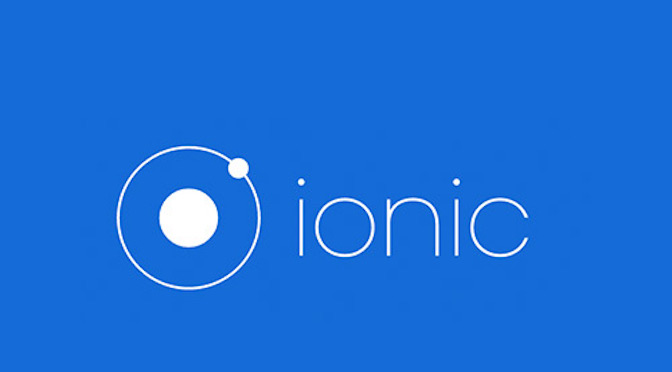Ionic is a framework for hybrid or progressive mobile app development. Throw in electron and you can get a desktop app too! Note that this will only deal with android app development, there are likely many more steps involved with iOS. We need the following software setup – NodeJS – ionic is build using node.… Continue reading Getting Ionic framework up and running on Ubuntu 14.04
Category: Debian
Setting up a self signed SSL certificate with Apache
I’m assuming you have Apache installed. Enable the SSL mod for apache: sudo a2enmod ssl Create a directory for the certificates: sudo mkdir /etc/apache2/ssl Generate the certificate: sudo openssl req -x509 -nodes -days 365000 -newkey rsa:2048 -keyout /etc/apache2/ssl/apache.key -out /etc/apache2/ssl/apache.crt Openssl will ask for some information, make sure you set the FQDN properly, the rest… Continue reading Setting up a self signed SSL certificate with Apache
Apt can’t see sources? Try changing the User Agent
If you are trying to use apt behind a corporate firewall, try changing the user agent apt is using with wget to load the package lists. By default it uses: User-Agent: Debian APT-HTTP/1.3 which isn’t recognised by the filter. 1. Create and edit /etc/apt/apt.conf sudo vi /etc/apt/apt.conf 2. Paste the following into the file: Acquire… Continue reading Apt can’t see sources? Try changing the User Agent

